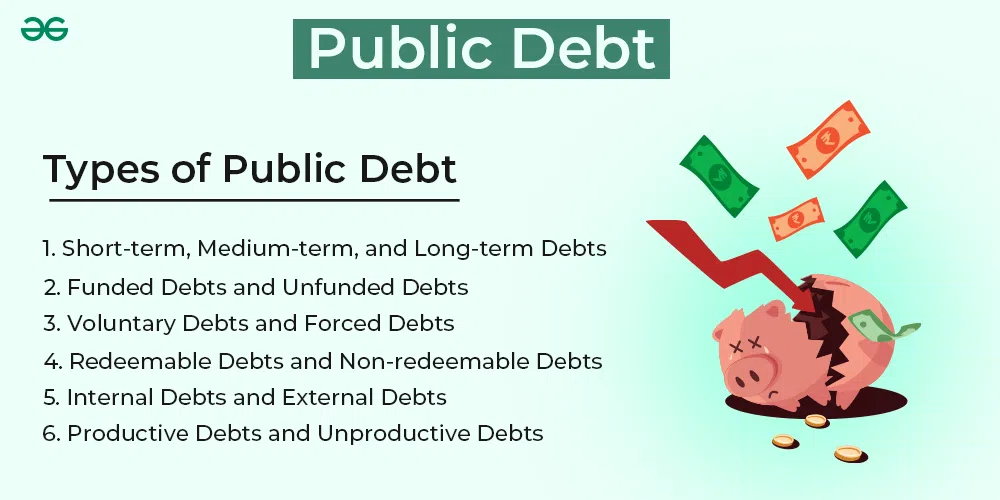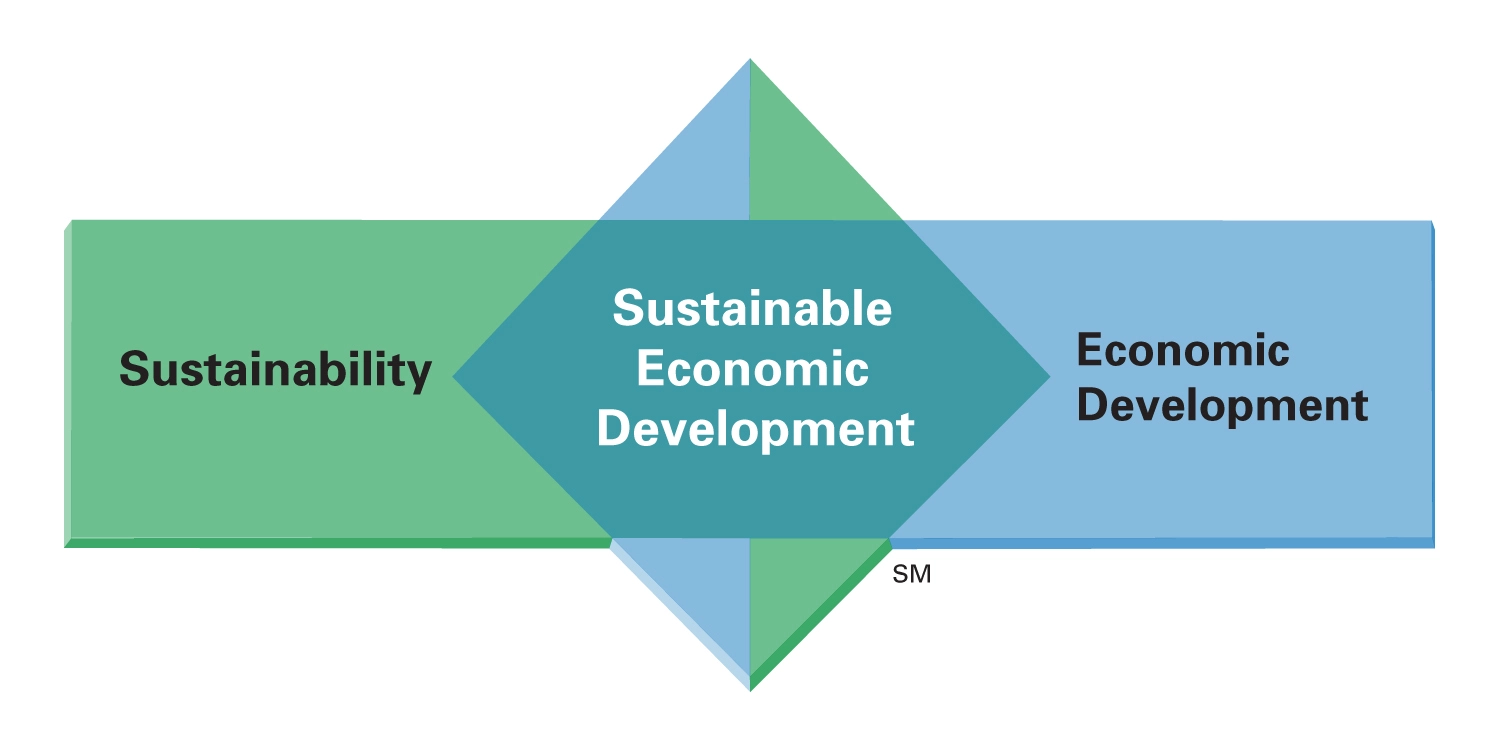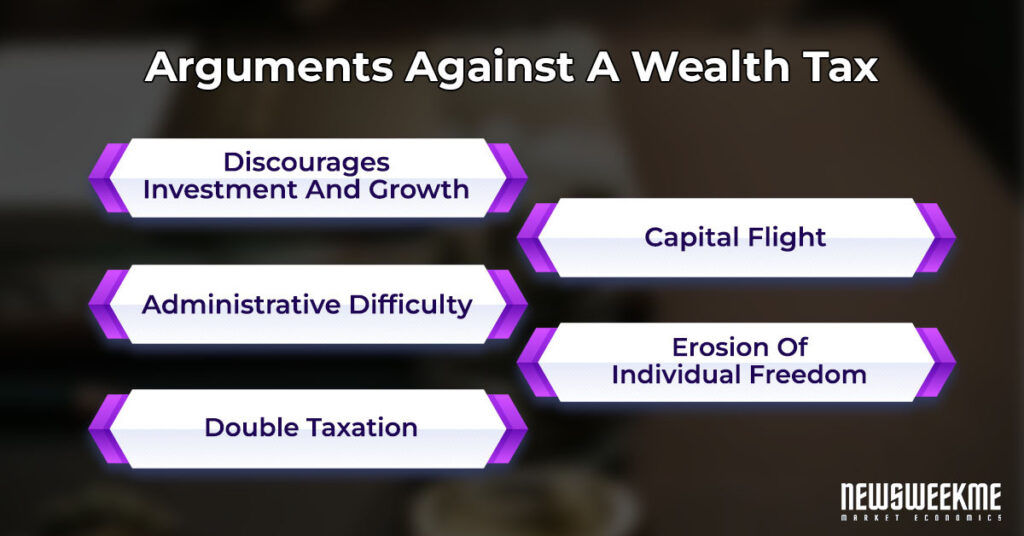Synthetic Fuel vs Diesel: Pros & Cons
Mia Wilson
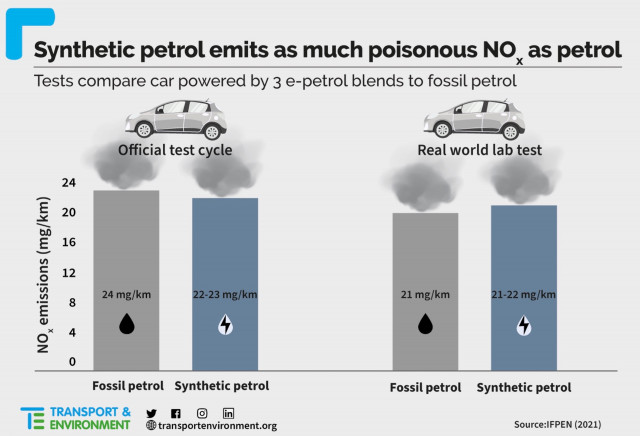
Photo: Synthetic Fuel vs Diesel: Pros & Cons
In the quest for sustainable energy solutions, the debate between synthetic fuels and traditional diesel has gained significant momentum. As industries and consumers alike seek alternatives to fossil fuels, understanding the advantages and disadvantages of synthetic fuel compared to diesel is crucial. This article delves into the key aspects of both energy sources, providing a comprehensive analysis to help you make informed decisions.
Introduction
The transportation sector remains a major contributor to global greenhouse gas emissions, prompting a shift towards more sustainable energy alternatives. Among the options, synthetic fuels and diesel stand out due to their widespread use and potential for impact. This article explores the pros and cons of synthetic fuel versus diesel, examining their environmental, economic, and practical implications.
Background: Understanding Synthetic Fuel and Diesel
What is Diesel?
Diesel is a fossil fuel derived from crude oil through a refining process. It is widely used in transportation, powering everything from cars and trucks to ships and trains. Diesel engines are known for their efficiency and torque, making them suitable for heavy-duty applications.
What are Synthetic Fuels?
Synthetic fuels, often referred to as synfuels, are produced through chemical processes that convert carbon dioxide (CO₂) and hydrogen into liquid hydrocarbons. These fuels can mimic the properties of conventional diesel but are designed to be more sustainable. The production of synthetic fuels typically involves renewable energy sources, aiming to reduce the carbon footprint associated with traditional fossil fuels.
Environmental Impact
Synthetic Fuel: A Greener Alternative?
One of the primary advantages of synthetic fuels is their potential to reduce greenhouse gas emissions. Since synfuels can be produced using captured CO₂ and renewable energy, they offer a closed-loop system that minimizes net carbon emissions. Additionally, synthetic fuels can be designed to burn cleaner than diesel, resulting in lower particulate matter and sulfur emissions.
Diesel: High Emissions and Environmental Concerns
Diesel combustion releases significant amounts of CO₂, nitrogen oxides (NOx), and particulate matter, contributing to air pollution and climate change. Despite advancements in diesel engine technology and emission control systems, the environmental impact of diesel remains a critical concern. Efforts to mitigate these effects include the development of cleaner diesel formulations and the implementation of stricter emission regulations.
Economic Considerations
Cost of Production and Market Prices
Synthetic fuels currently face higher production costs compared to diesel due to the complexity of their manufacturing processes and the need for renewable energy inputs. However, as technology advances and economies of scale are achieved, the cost of synfuels is expected to decrease, potentially making them more competitive with diesel in the future.
Infrastructure and Availability
Diesel benefits from an established global infrastructure, including extraction, refining, distribution, and fueling stations. In contrast, synthetic fuels require the development of new production facilities and supply chains. The transition to synthetic fuels may involve significant investments and time to build the necessary infrastructure, posing economic challenges in the short term.
Performance and Practicality
Energy Density and Engine Compatibility
Synthetic fuels are engineered to match the energy density of diesel, ensuring that they can be used as a drop-in replacement without requiring major modifications to existing engines. This compatibility offers a practical advantage, allowing for a smoother transition from diesel to synthetic alternatives.
Availability and Scalability
Diesel's widespread availability and established supply chains make it a reliable energy source for various applications. Synthetic fuels, while promising, are still in the early stages of commercialization. Scaling up production to meet global demand remains a significant hurdle, potentially limiting the immediate practicality of synthetic fuels.
Sustainability and Resource Utilization
Renewable Resource Integration
Synthetic fuels have the advantage of integrating renewable resources into their production process. By utilizing renewable energy sources such as wind, solar, or hydroelectric power, synfuels can significantly reduce reliance on fossil fuels and enhance energy sustainability.
Resource Extraction and Environmental Degradation
Diesel production relies on the extraction of crude oil, a process associated with environmental degradation, including habitat destruction, oil spills, and water contamination. Synthetic fuels, on the other hand, offer a pathway to minimize environmental harm by reducing dependence on oil extraction and promoting the use of recycled CO₂.
Future Prospects and Innovations
Technological Advancements in Synthetic Fuel Production
Ongoing research and development in synthetic fuel technologies hold promise for improving efficiency and reducing costs. Innovations such as advanced catalysts, improved electrolysis methods for hydrogen production, and enhanced CO₂ capture techniques are crucial for making synthetic fuels a viable alternative to diesel.
Diesel Engine Innovations and Emission Controls
While synthetic fuels are gaining attention, diesel technology continues to evolve. Innovations in diesel engines, including better fuel injection systems, turbocharging, and hybridization, aim to improve efficiency and reduce emissions. These advancements could extend the relevance of diesel in a transitioning energy landscape.
Conclusion
The comparison between synthetic fuel and diesel reveals a complex interplay of environmental, economic, and practical factors. Synthetic fuels offer a promising path towards reducing greenhouse gas emissions and enhancing energy sustainability. However, challenges related to production costs, infrastructure development, and scalability must be addressed to realize their full potential.
Diesel, with its established infrastructure and reliable performance, remains a dominant energy source but continues to face scrutiny due to its environmental impact. As the global community strives for cleaner energy solutions, the synergy between technological advancements in synthetic fuels and improvements in diesel technology will likely shape the future of transportation energy.
Ultimately, the transition from diesel to synthetic fuels represents a critical step towards a more sustainable and environmentally friendly energy landscape. Stakeholders must collaborate to overcome the economic and logistical challenges, fostering innovation and investment in synthetic fuel technologies to pave the way for a greener future.
For You
View AllExplore the meaning of public debt and its effects on national economies. Click to understand this critical topic!
Mia Wilson
Learn how to create a nutritious meal plan that supports your health goals. Start planning your balanced diet today! Get started now.
Mia Wilson
Understand what a VPS is and how it functions for your online needs.
Mia Wilson
Discover what sustainable economic development is and how it balances growth and conservation. Click for actionable ideas!
Mia Wilson
Compare income tax and wealth tax, their purpose, and their impact on society. Click for a clear explanation!
Mia Wilson
Get insights into VPS hosting prices and how to choose an affordable plan.
Mia Wilson
Health



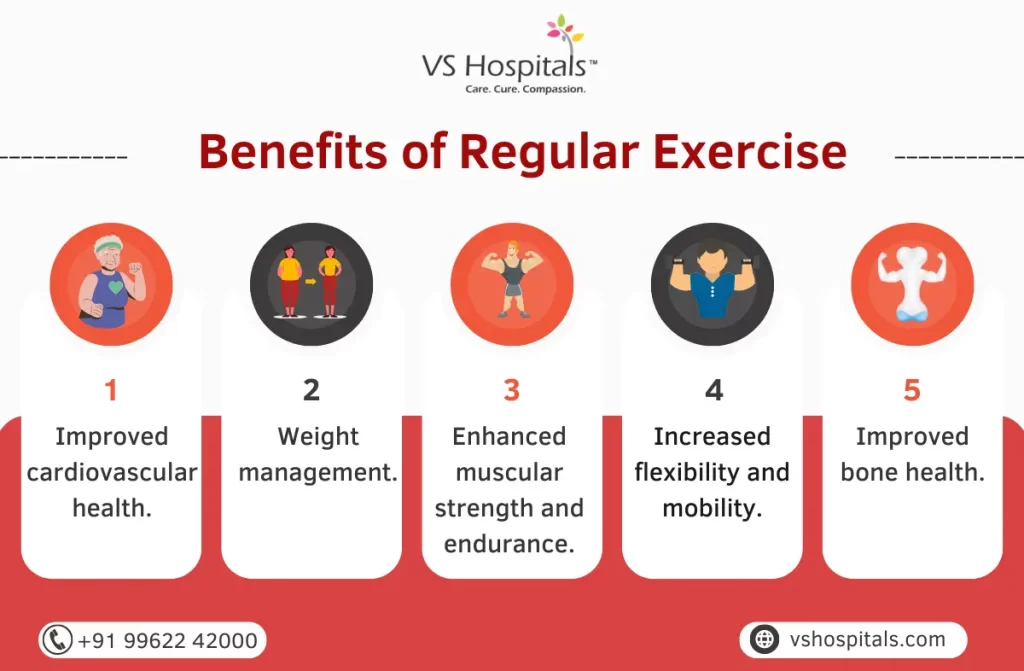



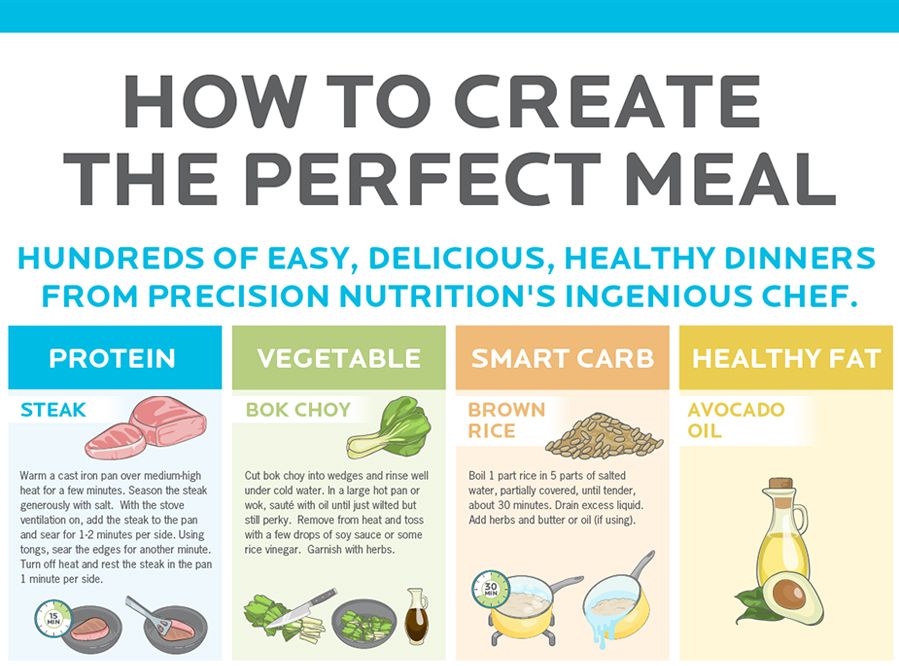


Education
View All
May 14, 2025
What Is Classical Education? Explained!
Discover the principles of classical education, its history, and how it fosters critical thinking. Learn the benefits today!

April 26, 2025
How to List Education on Your Resume
Discover the best ways to showcase your education on a resume for maximum impact. Land your dream job now!

May 19, 2025
What Is Tertiary Education?
Understand tertiary education, its levels, and how it prepares students for advanced careers. Explore your options now!
